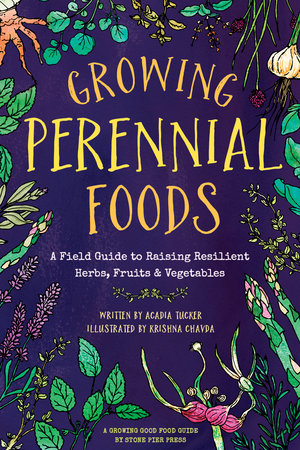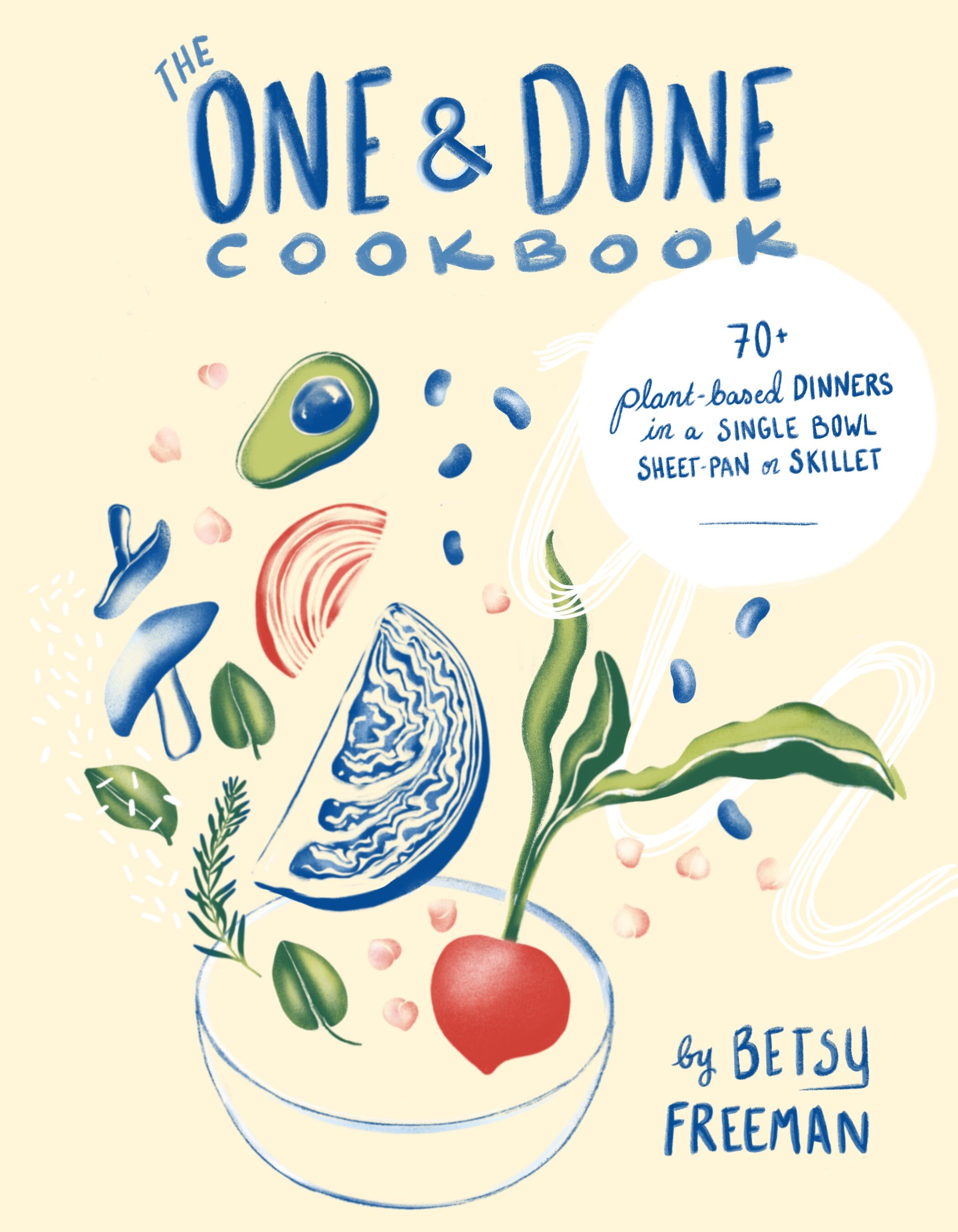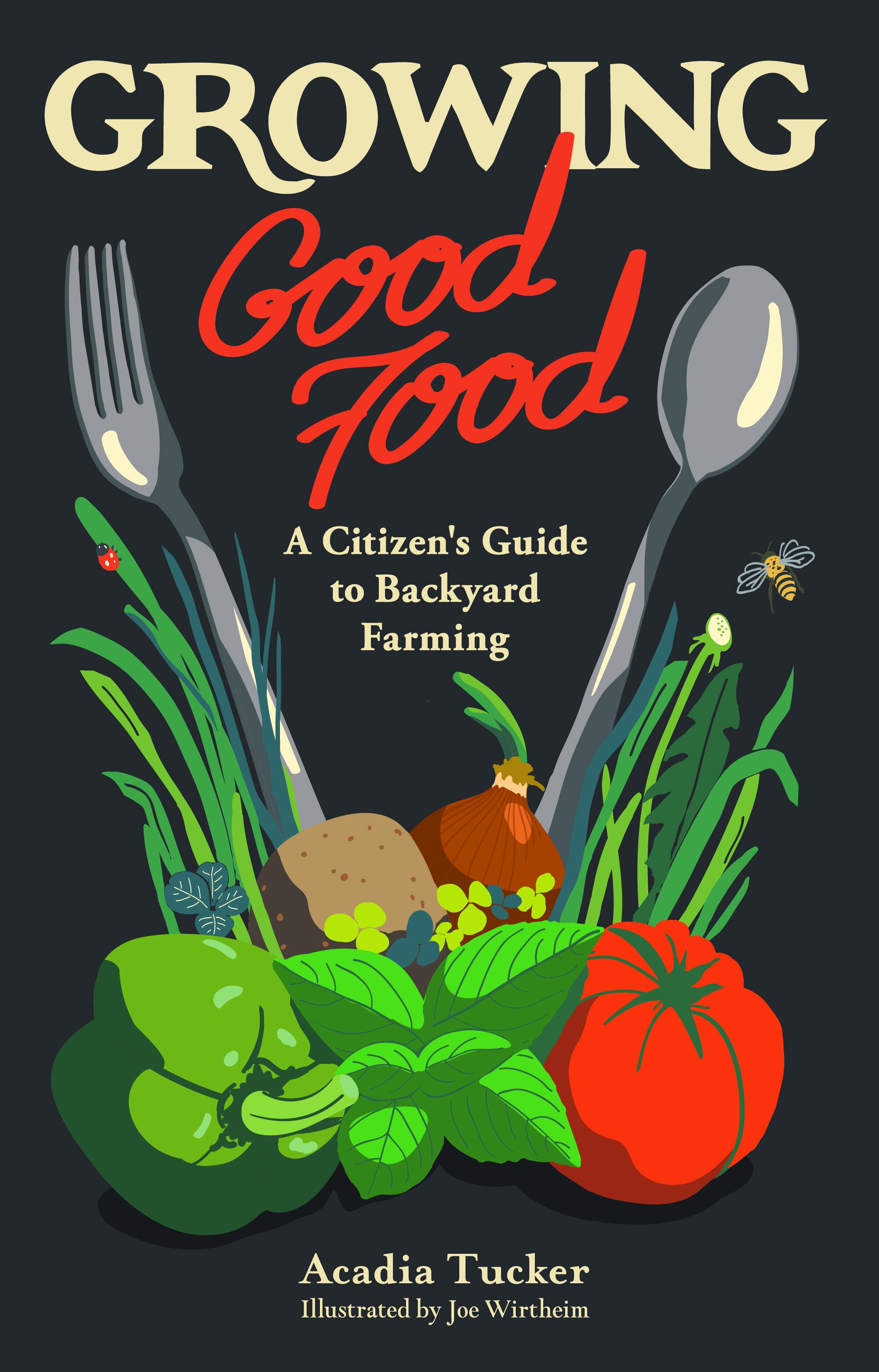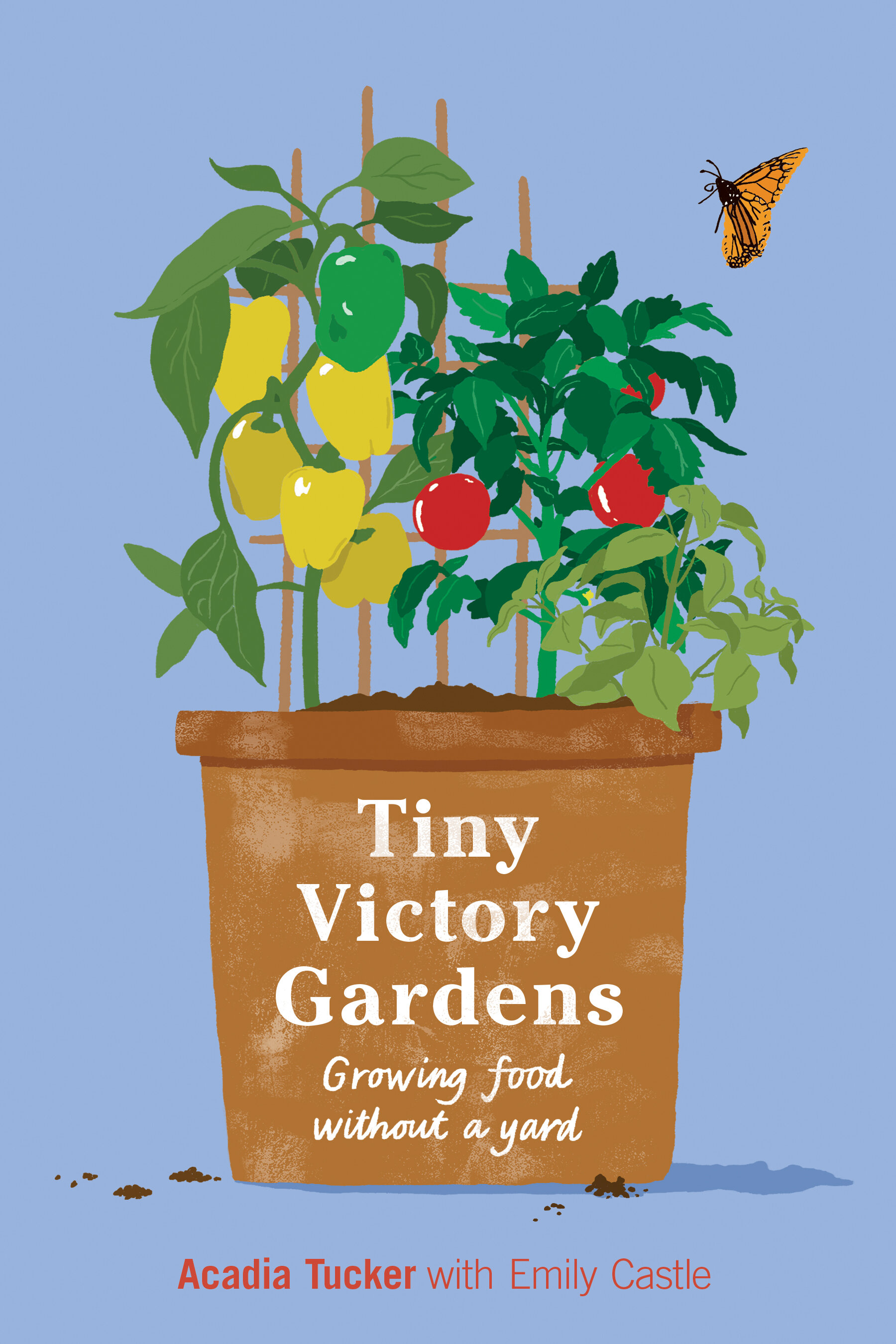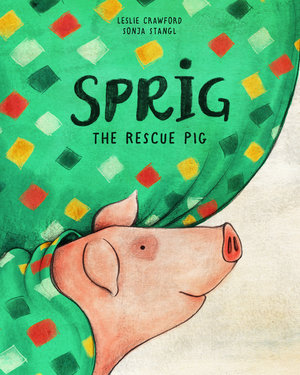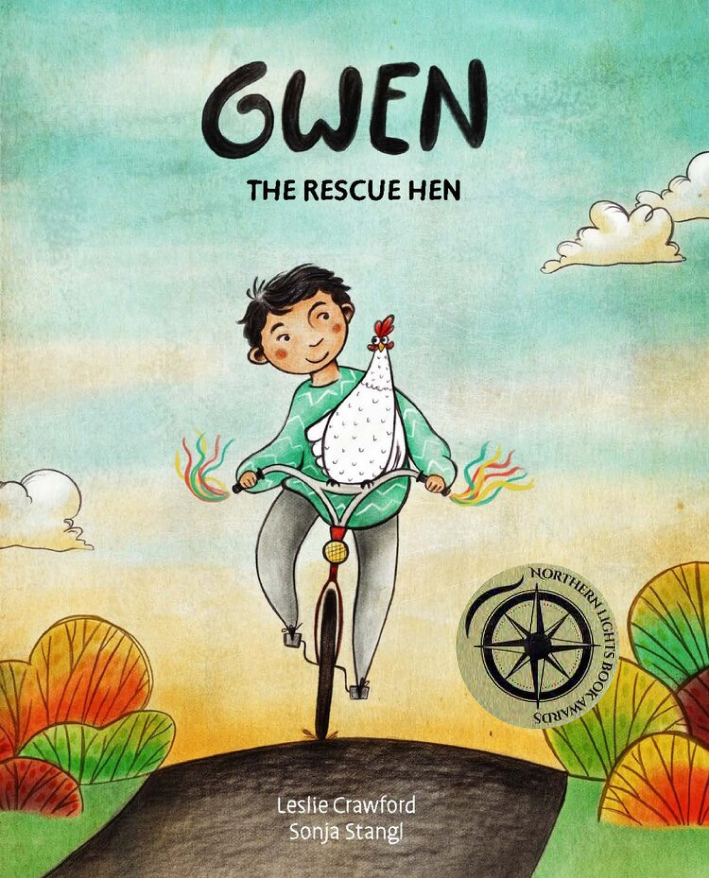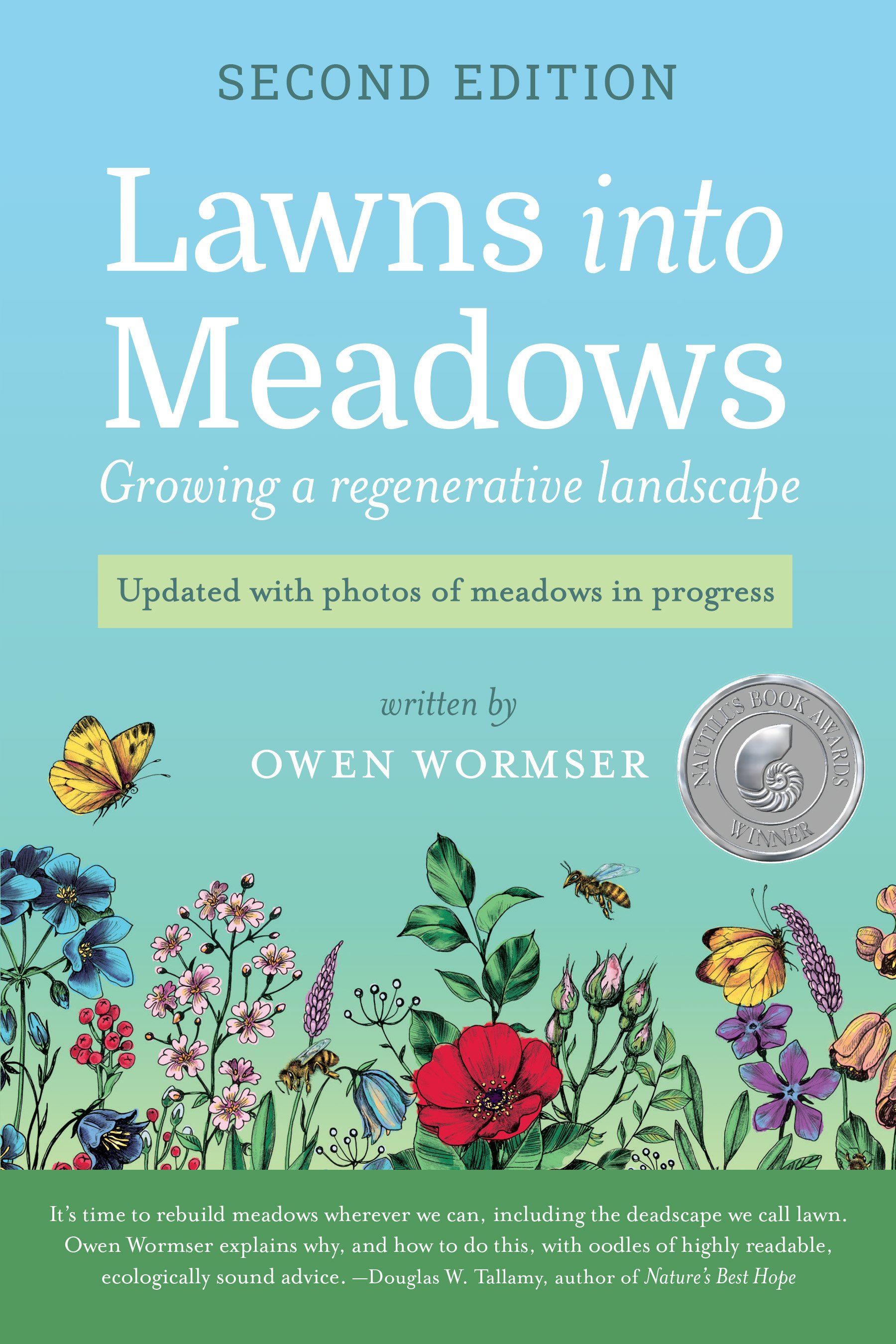There will be no food shaming on this farm
“I envision this farm as a place where not only am I providing free or low-cost produce for the community, but also classes and education on how we can grow things at home, make things extremely sustainable,” says Maya Mastersson. “It's about arming people, empowering an entire community to take back the most basic thing: their nutrition. Taking back what you eat is really powerful.” Photo source: Maya Mastersson
Twenty years ago, while casting about for a gift for her mother’s wedding, Maya Mastersson settled on catering the reception. Maya had just moved back home to Detroit with the combination of high energy and low cash flow that makes futzing with fruit and cheese platters seem doable. For the entree, she served guests roasted garlic and herb stuffed shells in tomato sauce, which she remembers dryly as "just okay." Guests raved about the food, but for Maya, the event was a grind. “I missed the whole wedding because I was in the kitchen,” she says. “I cried while I was making the cannelloni.”
“What we call soul food, or comfort food, we need to take into account that it’s delicious, it’s definitely delicious, but it’s not something that we should be eating every day.”
Despite the tears, the day signaled a turning point. She had always been a good cook, and now, having seen the meaning and connection made possible through her food, she realized she wanted more of it. “Becoming a chef wasn’t my mission or goal,” she says. “But when I look back, I realize that I was always feeding people. It was always about that.”
Now 41, with culinary school and 20-plus years of cooking under her belt, Maya has nourished people in a multitude of ways. To name a few: Chef. Entrepreneur. Winner of an episode of the Food Network show ‘Guy’s Grocery Games.’ Proprietor of a brand called ‘Fancy-Ass Olives.’ Creator of Black Roux Culinary Collective, where she teaches cooking classes exploring diverse culinary traditions.
And soon: founder of Black Roux Farms, a New Orleans-based urban farming initiative she hopes will fight food insecurity and promote healthy, plant-rich eating in underserved communities.
Growing up in Detroit, Maya watched her grandmother and great-grandmother, both avid gardeners, build plant-based diets around what they grew: lettuce, tomatoes, cucumbers, watermelons, and corn. “And lots of beans,” Maya laughs. “Green beans, pole beans, black eyed peas.” Together with healthy additions like couscous and whole wheat bread, most of what they ate came from their garden, which extended to the patch of wild strawberries in the alley next to their house. When 11-year-old Maya took charge of preparing Thanksgiving dinner for the first time, she put baked salmon on the table, along with sides like greens and cornbread.
Maya remembers her family being teased for their plant-based eating style. “People said, ‘oh, you always eating those greens, you eating that brown bread.’ It was always something,” she says. “People start to ridicule people that aren't like them.”
“You can eat healthy and still have your comfort foods, the flavors you like, the textures, the mouthfeel,” says Maya Mastersson. “I want to give somebody vegetables and say, ‘Here are these vegetables, don't go home and braise them in butter, let me show you what you can do.’” Photo Source: Maya Mastersson
Most of the people Maya grew up around ate mostly soul food—comfort foods like fried chicken, ham hocks, and macaroni and cheese, passed down from previous generations. Such dishes are integral to African-American culture, a celebration of the resourcefulness of enslaved people, who created a cuisine by applying techniques from Africa to ingredients and food scraps on a new continent.
Pride in these dishes gives them a cultural cachet that Maya says makes them “safe” to eat without judgment—and can also stigmatize other foods, like the plant-based meals she grew up eating, as “not Black enough.” She notes that sometimes, when she’s out with a group of friends, she’ll order a salad and get needled for eating “white people food.”’
"The community has said that this is our culture, our food, this is what we eat,” she says. “They’re not understanding that the food that we were cooking—not just for ourselves but for the people who were enslaving us—was heavier, it was fattier, it was made to sustain us for the backbreaking work we were doing back then.’
“What we call soul food, or comfort food, we need to take into account that it's delicious, it’s definitely delicious, but it's not something that we should be eating every day.”
The faces of plant-based eating over the years have largely been white, says Khushbu Shah, the restaurant editor at Food & Wine. “Mainstream veganism, which advocacy sites like Vegan Voices of Color define as ‘white veganism,’ tends to overlook vegans of color by excluding them from the dominant discourse,” she wrote for Thrillist. This despite the fact that many communities of color have long eschewed animal products.
The Black community is “not understanding that the food that we were cooking—not just for ourselves but for the people who were enslaving us—was heavier, it was fattier, it was made to sustain us for the backbreaking work we were doing back then.” Photo source: Maya Mastersson
But this may be changing as veganism continues to be embraced by public figures, like Venus and Serena Williams, Senator Cory Booker, and Lizzo. African-Americans now comprise the fastest-growing segment of vegans in the U.S. In fact, nonwhite Americans are three times as likely as white Americans to describe themselves as vegetarian, and a 2020 Gallup poll reports that people of color outpace white people when it comes to reducing meat consumption, whether by eating smaller portions of it, making substitutions, or choosing vegetarian options for some meals.
So the perception of plant-based eating as a white-only conceit isn’t accurate, but for some, it feels very real. Maya remembers a cousin’s mother, who died from nutrition-related illness after a long resistance to recommended diet changes. “Her diet is part of who she was, and she didn't want to change that,” says Maya. “Show her other things, and she would always say, ‘I don't want to eat that white people food.’”
Maya believes that food shaming is one of many factors contributing to high rates of obesity, diabetes, and heart disease within African-American communities. Chronic health conditions have in recent months played a part in the staggeringly high rates of Covid-19 related hospitalization and death for African-Americans.
Erasing the shame around plant-based eating in Black communities has become part of her mission. With more time on her hands due to Covid-19 related restaurant closures, she took up gardening, and a vision for Black Roux Farm sprang forth. “Something clicked in me that was like, 'There are people right now who, because of this pandemic, don't know where their next meal will come from,” she says. “I have the tools in my DNA to show people how to grow their own food.”
“Maya believes food shaming is one of many factors contributing to high rates of obesity, diabetes, and heart disease within African-American communities. ”
Maya imagined a community-led farm “rooted here in the city.” She envisions free or low-cost produce for the community, classes on cooking and sustainable gardening, veggie growing programs, internship opportunities, and jobs for community members. She sees a generation of young people growing up, becoming parents, and teaching what they learned at the farm to their own kids. “We can't expect to have healthier children without that,” she says. “That’s how we break the generational curse. There'll be no more food shaming because this is what we do now.”
Black Roux Farm is still more of an abstraction than a reality. Maya has established a nonprofit with a newly minted board of directors, but is still looking for land within New Orleans proper. She’s raising money through different channels, including the nonprofit site Kiva.org, and so far the response has been enthusiastic. When Kiva posted the concept for Black Roux Farm on its site, it offered microfinance lenders six weeks to decide whether to lend. Within three days the loan was fully funded. “The amount of people who believe in the mission that I have is astounding,” says Maya
As planning and fundraising continue, the New Orleans Redevelopment Authority is reviewing Maya’s application for Growing Green, an urban revitalization program that makes city lots available for lease and development into community green space. She is hopeful that Black Roux Farm could break ground as early as next year, bringing new options and empowerment to a community hit hard by the pandemic.
“With a community together teaching people how to grow and eat their own food,” says Maya, “it can change us for the better. It can enrich our culture."




